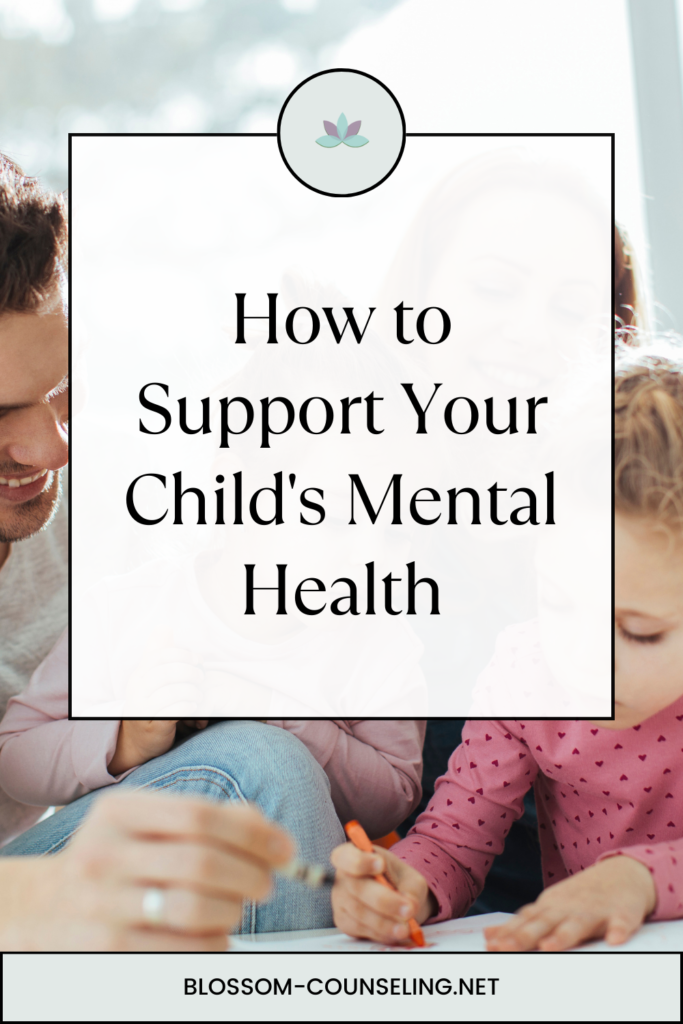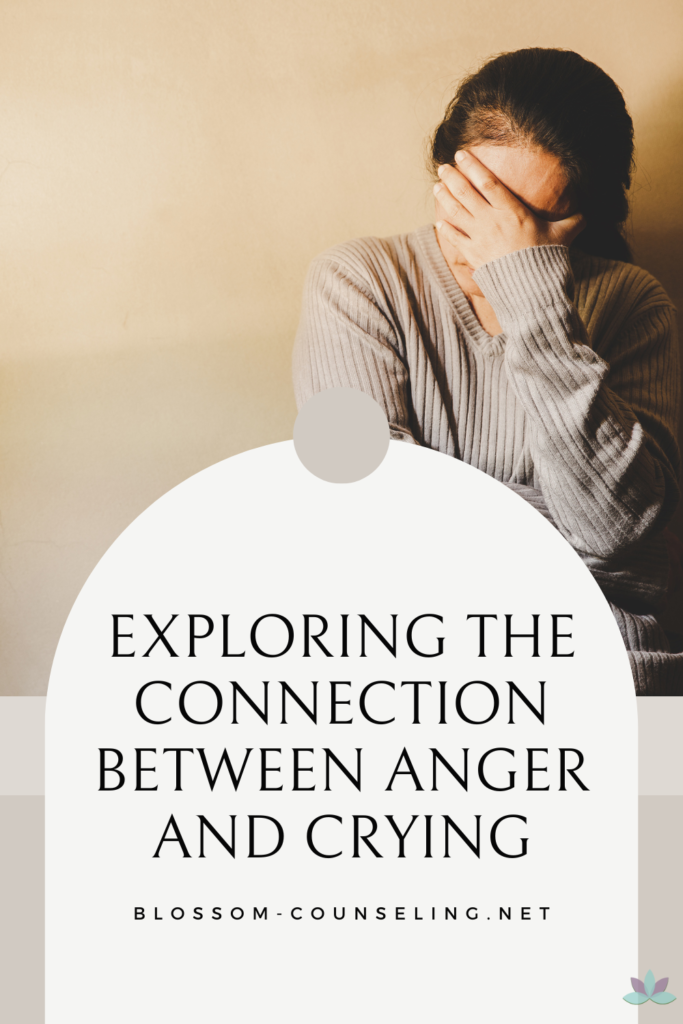
Have you ever found yourself completely taken over by the emotions of those around you, as if their feelings somehow seeped into your very being? This phenomenon, known as emotional absorption, is akin to becoming a human sponge, soaking up the emotional atmosphere in any given room. While often linked to high levels of empathy and sensitivity, understanding the signs of emotional absorption is crucial in navigating its impact on our mental health and relationships.
Understanding Emotional Absorption
At its core, emotional absorption is the process of taking on the emotions of others, often leading to a blurring of the boundaries between one’s own feelings and those perceived from people around. It’s a trait commonly seen in highly empathetic individuals, those who naturally attune to the emotional states of others. But why does this matter? Well, in a world that feels increasingly connected yet paradoxically isolating, being able to understand and manage this trait can be a superpower—if harnessed correctly.
Signs You Might Be an Emotional Absorber
Feeling Overwhelmed in Crowded Spaces: Ever walked into a bustling room and felt a sudden wave of emotions? Crowds can be particularly challenging for emotional absorbers, as they pick up on so many signals simultaneously.
Difficulty Watching News or Violent Movies: If the evening news or intense cinema leaves you feeling drained or overly emotional, it might be your absorption at play. It’s as if you’re not just observing but experiencing the events.
People Describe You as Highly Sensitive: This isn’t just about being easily upset; it’s about feeling things deeply. Friends might say you “feel too much,” not realizing it’s your superpower.
Frequent Mood Swings: These can be puzzling, especially when they seem disconnected from your personal experiences. They might, however, be reflections of the emotions of those around you.
Being Drawn to Help Others Constantly: Emotional absorbers often feel a strong urge to alleviate the pain of others, sometimes even at the cost of their own well-being.
Needing Time Alone to “Reset”: After social interactions, you might find a pressing need to retreat and find solitude. This is your way of squeezing out the emotional sponge, so to speak.
Navigating Emotional Absorption
While emotional absorption can feel overwhelming, understanding and managing it can transform this trait from a tidal wave into a navigable stream. Here are a few strategies:
Establish Boundaries: Learning to set healthy emotional boundaries is crucial. It’s about understanding where others end and you begin, emotionally speaking.
Embrace Solitude: Regularly scheduled solitude isn’t just beneficial; it’s necessary. It allows you to decompress, process your own emotions, and distinguish them from those you’ve absorbed.
Cultivate Self-Awareness: Mindfulness and reflection can help you recognize when you’re beginning to take on too much from others. Techniques like meditation can be invaluable tools.
Seek Connection: Paradoxically, while solitude is necessary, so is connection. Sharing your experiences with others who understand can be incredibly validating and healing.
Professional Guidance: Sometimes, the best way to navigate these waters is with the help of a professional. They can offer strategies and insights tailored specifically to you.
The Takeaway
Emotional absorption, while challenging, underscores a profound capacity for empathy and connection. In a world that can often seem cold and indifferent, emotional absorbers remind us of the beauty of truly feeling with and for others. By recognizing the signs and learning to manage this trait, you can protect your mental health while embracing the depth of your emotional experiences. Remember, in the delicate balance of empathy and self-preservation, knowledge is your ally, and self-care is your compass.
|
|




